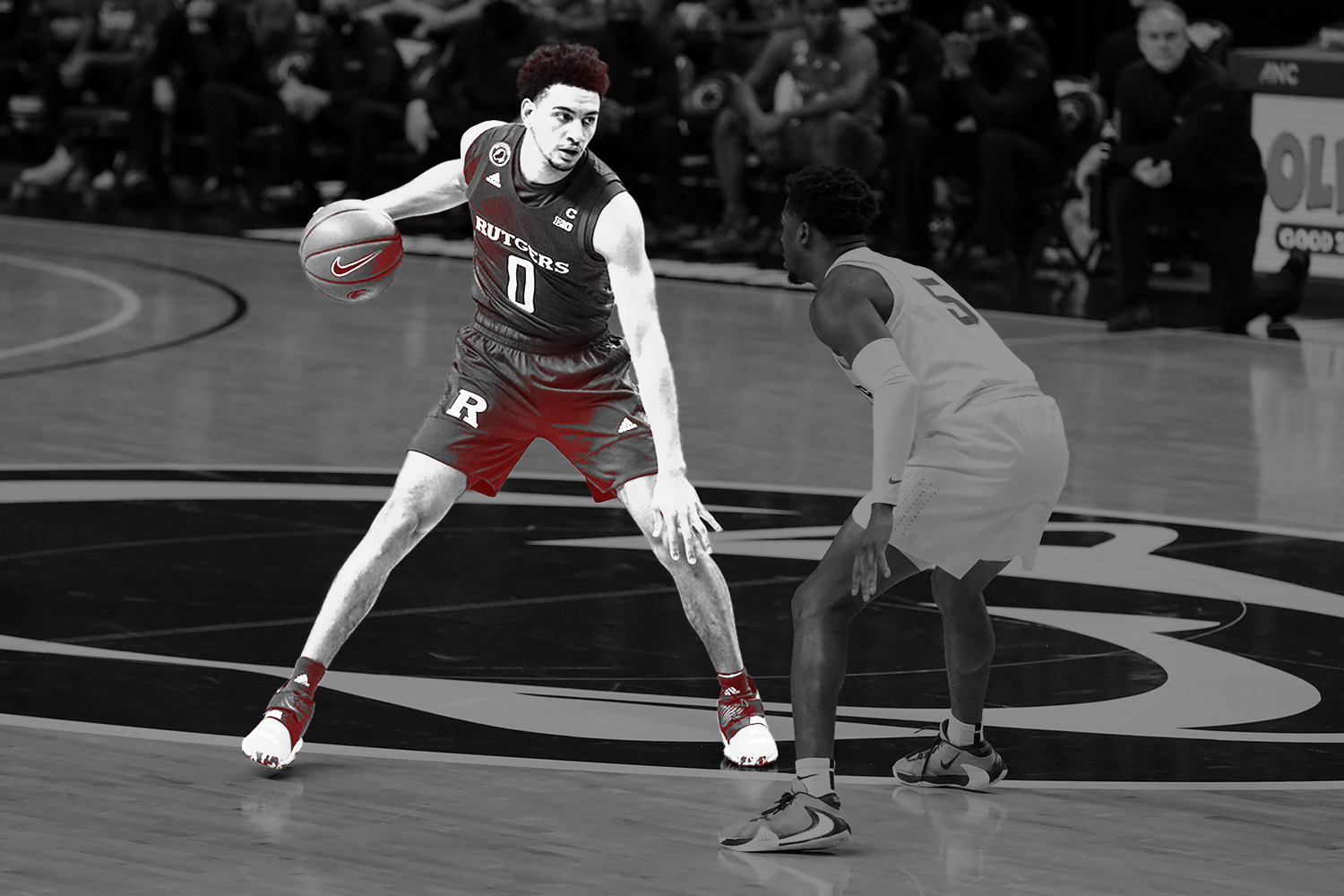In the past year, several politicians, one Supreme Court justice, and one study have come to the same conclusion about systemic injustice in the NCAA.
It’s not just lip service. Some have opened pathways for players to get paid — the first step to closing the racial wealth gap in college sports.
- In a 2020 bill, Sens. Cory Booker (D-N.J.) and Richard Blumenthal (D-Conn.) proposed a revenue-sharing plan for athletes in profitable sports, saying it could help fight racial injustice in the NCAA.
- Justice Brett Kavanaugh directly called out the negative impact of amateurism on some Black players and invited future lawsuits to challenge the NCAA in his concurring opinion in NCAA v. Alston.
- The case Johnson v. NCAA or the NLRB’s recent memo could also provide legal avenues to get players salaries, even if their focus is labor law rather than racial justice.
These avenues would likely take years to move the needle, if they work at all. But regardless, the belief that the NCAA’s business model needs to change is gaining steam.
“The student-athletes who generate the [NCAA’s] revenues, many of whom are African American and from lower-income backgrounds, end up with little or nothing,” Kavanaugh wrote.







![[Subscription Customers Only] Jun 15, 2025; Seattle, Washington, USA; Botafogo owner John Textor inside the stadium before the match during a group stage match of the 2025 FIFA Club World Cup at Lumen Field.](https://frontofficesports.com/wp-content/uploads/2026/02/USATSI_26465842_168416386_lowres-scaled.jpg?quality=100&w=1024)
![[Subscription Customers Only] Jul 13, 2025; East Rutherford, New Jersey, USA; Chelsea FC midfielder Cole Palmer (10) celebrates winning the final of the 2025 FIFA Club World Cup at MetLife Stadium](https://frontofficesports.com/wp-content/uploads/2026/02/USATSI_26636703-scaled-e1770932227605.jpg?quality=100&w=1024)








